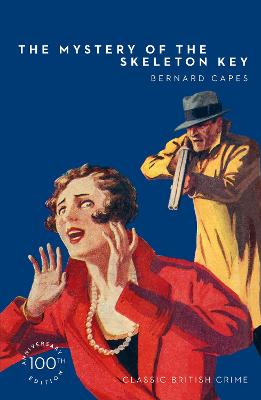Reviewed by brokentune on
This is a short read. The book has a mere 204 pages. And yet, it took me what I perceived as an eternity to finish the book because:
1. The writing drove me nuts:
In an earlier discussion with a fellow reader, I referred the style of writing as that of hearing the voice of Jeeves for the entirety of the book without having the benefit of the grounded interjections of common sense summaries of a Wooster.
Another way to describe the narrative style, which, in addition to the stilted phrasings of a Jeeves, also thrived on an overuse of similes and metaphors is if you picture the film Murder by Death, that excellent spoof of the detective genre, where Peter Sellers plays an "oriental" detective who keeps confounding his fellow guests at a house party with phrases that are so obtuse that it is not clear where we are going. It works a treat in a spoof, but has no place in the actual mystery.
2. The plot...
I had a hunch about the culprit very early on, but could not figure out the motive. It is only in the last few pages of the book that we learn about the why of the murder. Too little, too late, and I really dislike that we are not allowed the relevant information throughout the book to come up with the solution ourselves.
3. I was bored, and I should not have been because there were some very interesting (for their time) observations on social mores in the book. Yet, they were buried in quite a lot of purple prose...so they mostly were lost on me.
Gaaaaah. Next!
Reading updates
- Started reading
- 9 September, 2019: Finished reading
- 9 September, 2019: Reviewed
